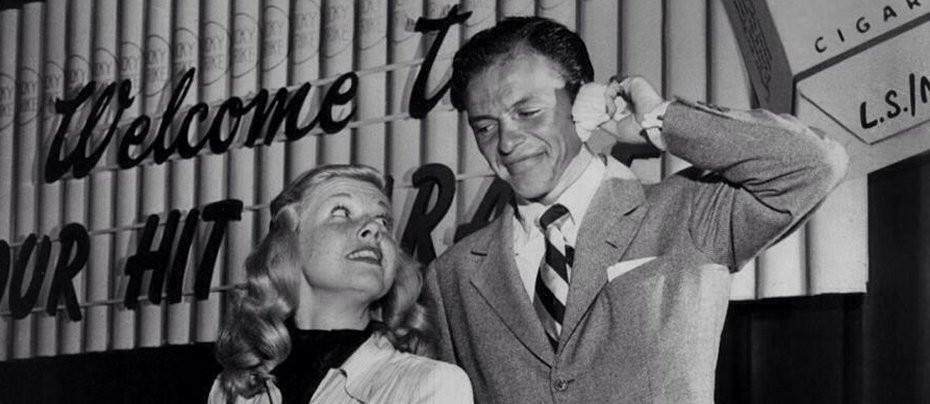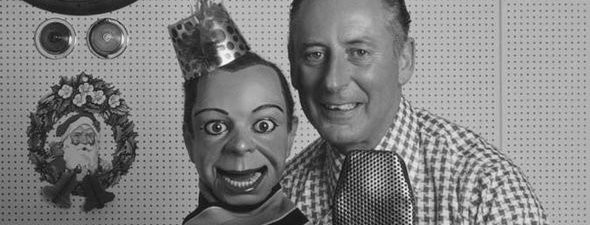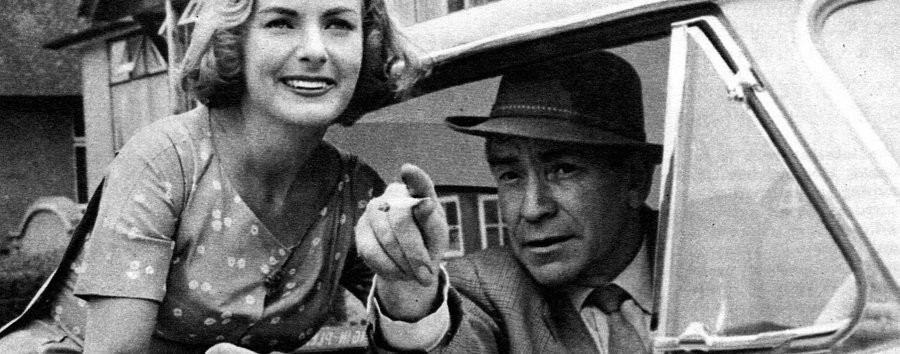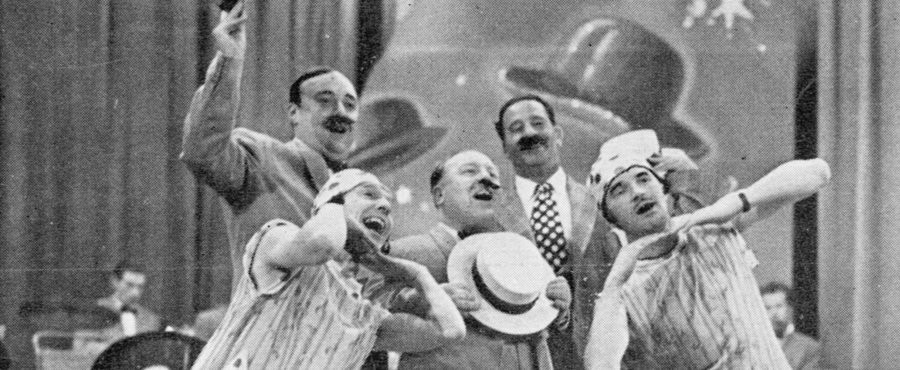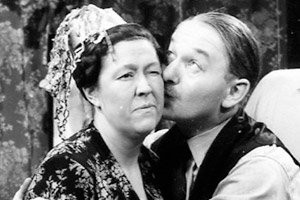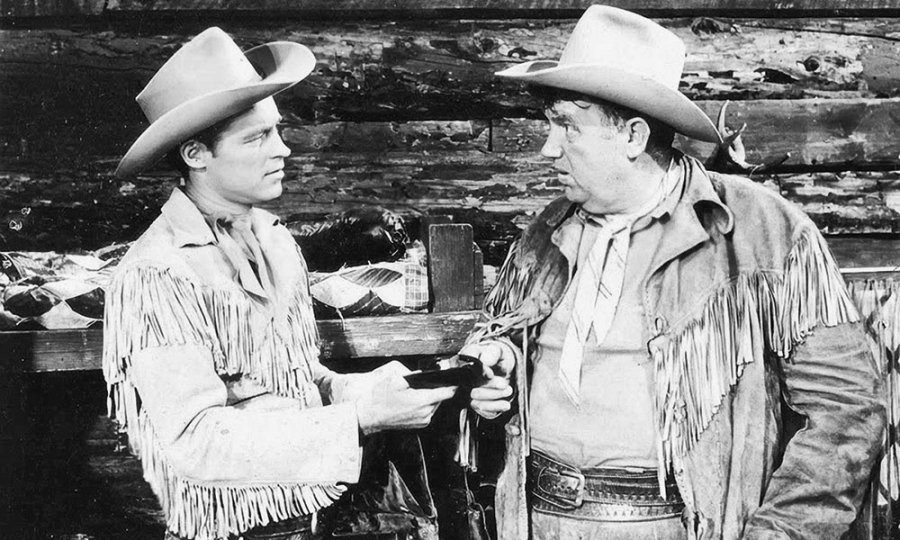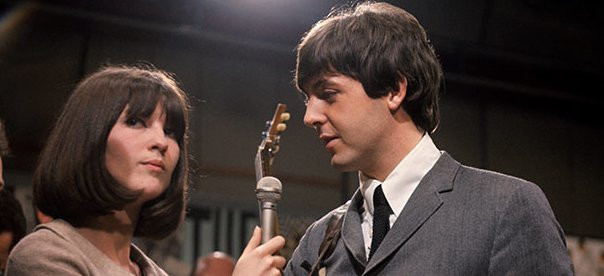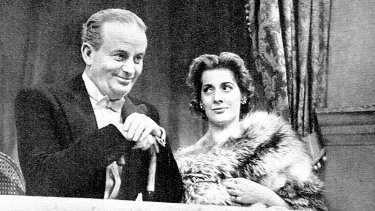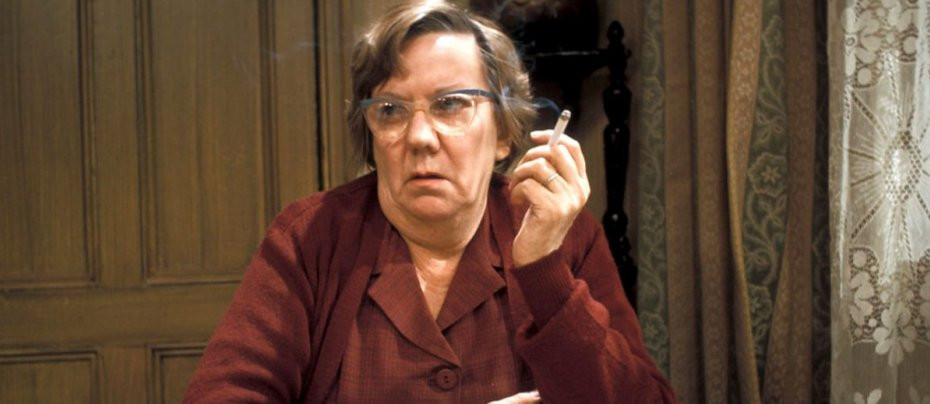
Oh Boy!
1958 - United Kingdom"I hate light entertainment shows and I hate smart looking fellows in dinner jackets saying 'Good evening ladies and gentlemen and welcome to .. blah blah blah.. and it goes on! I just want wham bam de boo bop, do wop bam boo..tutti fruitti... then next number, next number....and bored with that…next number!" - Jack Good interviewed in 1981.
Inevitably, rock and roll got hold of television; and TV rock shows got hold of younger viewers. The BBC's loud and fast Six-Five Special was followed by a louder and faster ITV show, Oh Boy! This became the talk of the town-or at least of the teenagers of every town. It gave Cliff Richard a quick rise to the top of this vicarious "market" and starred every rock-and-roller, jiver, jazz-ist-or whatever you want to call them-who mattered. It was the brainchild of Jack Good.
Good had been a co-producer, along with Jo Douglas, on the BBC's 'Six-Five Special,' an appropriately named pioneering youth programme which hit the screens in 1957 with all the force of an express train (although the show's title had nothing do with trains - it referred to the time-slot the show was broadcast). Until then both BBC and ITV had observed what was commonly known as the 'toddlers truce', an hour long break in transmissions between 6 and 7pm designed to let mother get the young ones bedded down for the night without argument because "my favourite programme is about to start." But this all came to an end on Saturday 16 February 1957 when the BBC filled the silent peace and quiet with a five-minute news bulletin and a new teen show. After that the gloves were off and ITV countered with programming of their own.
Six-Five Special was a six week experiment that lasted two years, although Jack Good found himself becoming increasingly frustrated as the BBC continually tried to tone down the tone of the show. Good was the more dynamic of the two producers and wanted to push the spontaneity, energy and pace of the show to its limits, while the more conservative BBC wanted something altogether more sedate. To this end the BBC insisted on taking some of the energy out of the show by introducing a mixture of jazz, classical music, spotlights on film stars, comedy, sport and general interest items (or, at least, what the BBC considered - quite incorrectly - was of general interest to 1950s teenagers). Good countered by whipping his audience up into a frenzy by dragging them into camera shot within touching distance of their rock n' roll idols. (To get his way, Good had sets built but shortly before the show started they were wheeled out of the way, and he filled the space with the milling audience and performers). But inevitably, it was the BBC who won and Good, realising that he'd never beat the system (or in this case the Corporation), defected to ITV.

ABC Television welcomed Jack Good with open arms and following two trial broadcasts in the Midlands region Oh Boy! went nationwide and was televised each Saturday evening, live from the Hackney Empire in East London. The half-hour powerhouse of non-stop rock n' roll music ensured that within the first 6 weeks Oh Boy! became a smash hit and the number of viewers had doubled (this hastened Six-Five Special's demise). It quickly confirmed that Good was right - its speed and energy proved extremely popular with an audience that had experienced nothing quite like it before. It was the programme that made a star out of Cliff Richard, who Good installed as the featured artist; and other regular contributions came from Marty Wilde, Billy Fury, Lord Rockingham's XI, Ronnie Carroll and the Vernon Girls, with guest appearance from Shirley Bassey, Alma Cogan, Emile Ford, Tommy Steele and Lonnie Donegan as well as a host of American star turns who would drop in from time to time such as Brenda Lee, Conway Twitty and The Inkspots.
After just 2 appearances on Oh Boy! Cliff Richard was offered his first national tour supporting the Kalin Twins. Looking for professional musicians to back him he went to the 2 I's coffee bar in London's Soho district where he met Hank Marvin and Bruce Welch who joined Cliff's backing group, the Drifters (later The Shadows). Within weeks the new Drifters line-up were backing Cliff on Oh Boy! Jimmy Henney and Tony Hall would take it in turns each week to compere the show. Hall was a jazz critic and deplored what he saw as the "vulgarities of rock 'n roll." But Oh Boy! changed his mind. "I saw the two trial shows and thought they were the most exciting things I've ever seen on television. The lighting, the camera work was great, and I thought the music was swinging more than most of TV's attempts to present jazz."
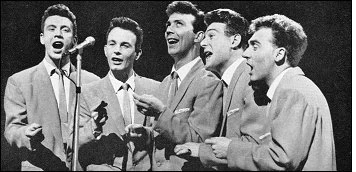
The show remained a great success throughout its brief run but in 1959 ABC were told that they could no longer use the Hackney Empire which was eminently suited to the Oh Boy! type of presentation, and Good and his crew were informed that they'd be moving to Manchester - where they were allocated a studio which was not capable of the same sort of production. ABC were also keen on a different show. That show aired on 12th September 1959 and was called Boy Meets Girls, but many fans felt as though this was a much weaker, diluted version of what was briefly the best rock n' roll show on television.
Seen this show? How do you rate it?
Seen this show? How do you rate it?
Published on January 15th, 2019. Written by Laurence Marcus (21st February 2008). Some excerpts from The Television Annual for 1960. for Television Heaven.


